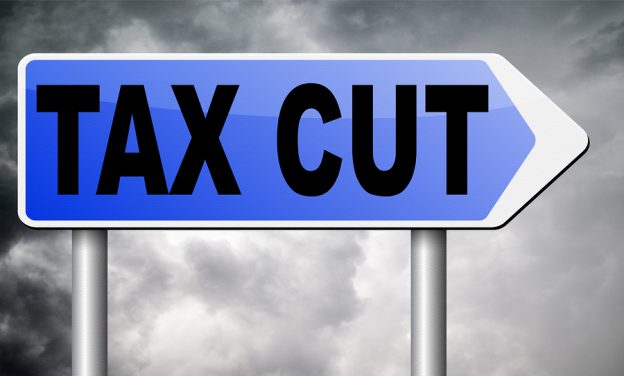
The Treasury announces that its plans to increase the threshold for paying National Insurance Contributions (NICs) will create a tax cut for 31 million taxpayers.
How are National Insurance Contributions changing?
The threshold for paying NICs is set to increase to £9,500 per year. This will see a typical employee save £104 on their NICs bill and a self employed worker pay £78 less.
This means that you have to earn £9,500 per year before you have to pay NICs. It is a rise of 10% and will apply from the start of the 2020-21 tax year on the 6th April.
The future aim is to increase this even further, to £12,500.
Why is the government making this change?
The current government say that they want to make sure that “work pays”. They aim to keep tax low so that people keep more of what they earn and this cut in NICs is part of that plan.
When he announced these plans In January, Sajid Javid, then Chancellor of the Exchequer, said:
“We’re determined to do what we promised and put more money into the pockets of ordinary hard working people. That’s why we’re starting this government as we mean to go on, by cutting their bills. We want everyone to feel that they can contribute to the new chapter we are opening for the economy and our country, because under this Government work will always pay.”
Will this affect any of my other benefits?
No, the changes to the NICs threshold won’t have any detrimental effect on your other benefits. People have expressed concern about their State Pension with Small Profits Threshold and Lower Earnings Limit. These will still continue to count towards your contributory benefits.
What about income tax?
Income tax, VAT and NICs are not going up, according to HMRC. Any other thresholds will go up in line with inflation. Apart from the commitment in the 2018 Budget to freeze upper NICs thresholds at £50,000.
Working age benefits have been frozen since 2016, but this is due to change from the start of the new tax year. They will be reconfigured to also be in line with inflation.
The tax free Personal Allowance will stay at £12,500. This has gone up by 90% since 2010, when it was £6,475. The average basic rate taxpayer pays at least £1,200 less in income tax than they did in 2010-11.







